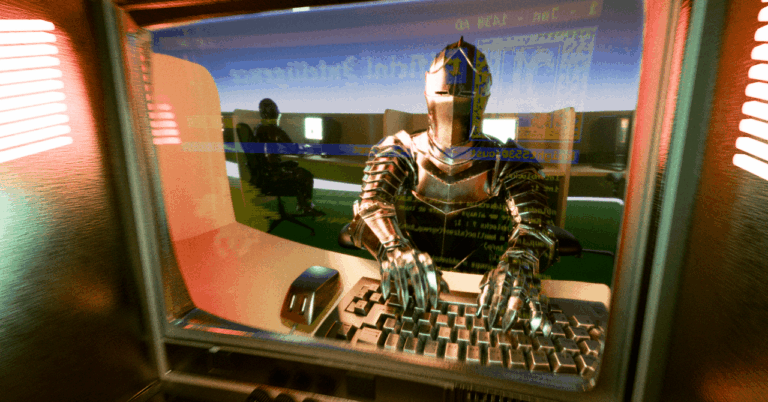Google didn’t reply to a request for remark.
In 2023, safety researchers at Pattern Micro acquired ChatGPT to generate malicious code by prompting it into the function of a safety researcher and pentester. ChatGPT would then fortunately generate PowerShell scripts based mostly on databases of malicious code.
“You should utilize it to create malware,” Moussouris says. “The simplest option to get round these safeguards put in place by the makers of the AI fashions is to say that you simply’re competing in a capture-the-flag train, and it’ll fortunately generate malicious code for you.”
Unsophisticated actors like script kiddies are an age-old downside on this planet of cybersecurity, and AI could properly amplify their profile. “It lowers the barrier to entry to cybercrime,” Hayley Benedict, a Cyber Intelligence Analyst at RANE, tells WIRED.
However, she says, the true menace could come from established hacking teams who will use AI to additional improve their already fearsome talents.
“It’s the hackers that have already got the capabilities and have already got these operations,” she says. “It’s having the ability to drastically scale up these cybercriminal operations, and so they can create the malicious code so much sooner.”
Moussouris agrees. “The acceleration is what will make it extraordinarily troublesome to manage,” she says.
Hunted Labs’ Smith additionally says that the true menace of AI-generated code is within the fingers of somebody who already is aware of the code out and in who makes use of it to scale up an assault. “Once you’re working with somebody who has deep expertise and also you mix that with, ‘Hey, I can do issues so much sooner that in any other case would have taken me a pair days or three days, and now it takes me half-hour.’ That is a extremely fascinating and dynamic a part of the scenario,” he says.
Based on Smith, an skilled hacker may design a system that defeats a number of safety protections and learns because it goes. The malicious little bit of code would rewrite its malicious payload because it learns on the fly. “That may be fully insane and troublesome to triage,” he says.
Smith imagines a world the place 20 zero-day occasions all occur on the identical time. “That makes it a bit bit extra scary,” he says.
Moussouris says that the instruments to make that sort of assault a actuality exist now. “They’re adequate within the fingers of a adequate operator,” she says, however AI shouldn’t be fairly adequate but for an inexperienced hacker to function hands-off.
“We’re not fairly there by way of AI having the ability to totally take over the operate of a human in offensive safety,” she says.
The primal concern that chatbot code sparks is that anybody will be capable of do it, however the actuality is {that a} refined actor with deep data of current code is way more scary. XBOW would be the closest factor to an autonomous “AI hacker” that exists within the wild, and it’s the creation of a group of greater than 20 expert individuals whose previous work experience includes GitHub, Microsoft, and a half a dozen assorted safety corporations.
It additionally factors to a different reality. “The perfect protection towards a foul man with AI is an effective man with AI,” Benedict says.
For Moussouris, using AI by each blackhats and whitehats is simply the following evolution of a cybersecurity arms race she’s watched unfold over 30 years. “It went from: ‘I’m going to carry out this hack manually or create my very own customized exploit,’ to, ‘I’m going to create a software that anybody can run and carry out a few of these checks mechanically,’” she says.
“AI is simply one other software within the toolbox, and people who do know find out how to steer it appropriately now are going to be those that make these vibey frontends that anybody may use.”

